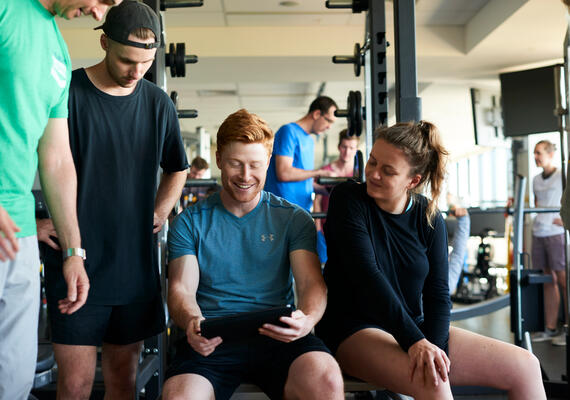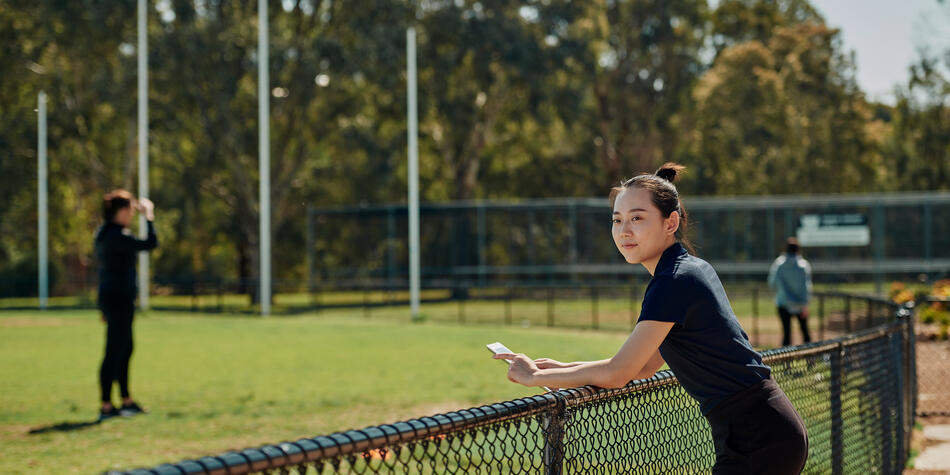Aside from your knowledge and abilities, employers are always looking for ‘soft skills’, Dr Bruce says.
‘They are your communication skills, your ability to build rapport with a client – so an athlete or a coach – and have a holistic approach so you’re not just there to make the athlete fitter, stronger, faster.’
Then there’s other, more technical skills. ‘For instance, if you’re a performance analyst, it’s knowing how to do the coding, what to extract, what the coach is looking for and providing reports and feedback,’ Dr Bruce says.
If you decide to study at the postgraduate level, you’ll be strengthening some of the topics covered more briefly in the undergraduate degrees.
‘Where you might touch on a particular method, tool or software package in your undergraduate, you would cover that in greater breadth and depth in your masters or postgraduate units,’ Dr Bruce says. ‘There’s also greater application for the sports science masters to the sport industry.’
And while high performance management is not covered at undergraduate level, it is a focus in Deakin’s postgrad courses.


